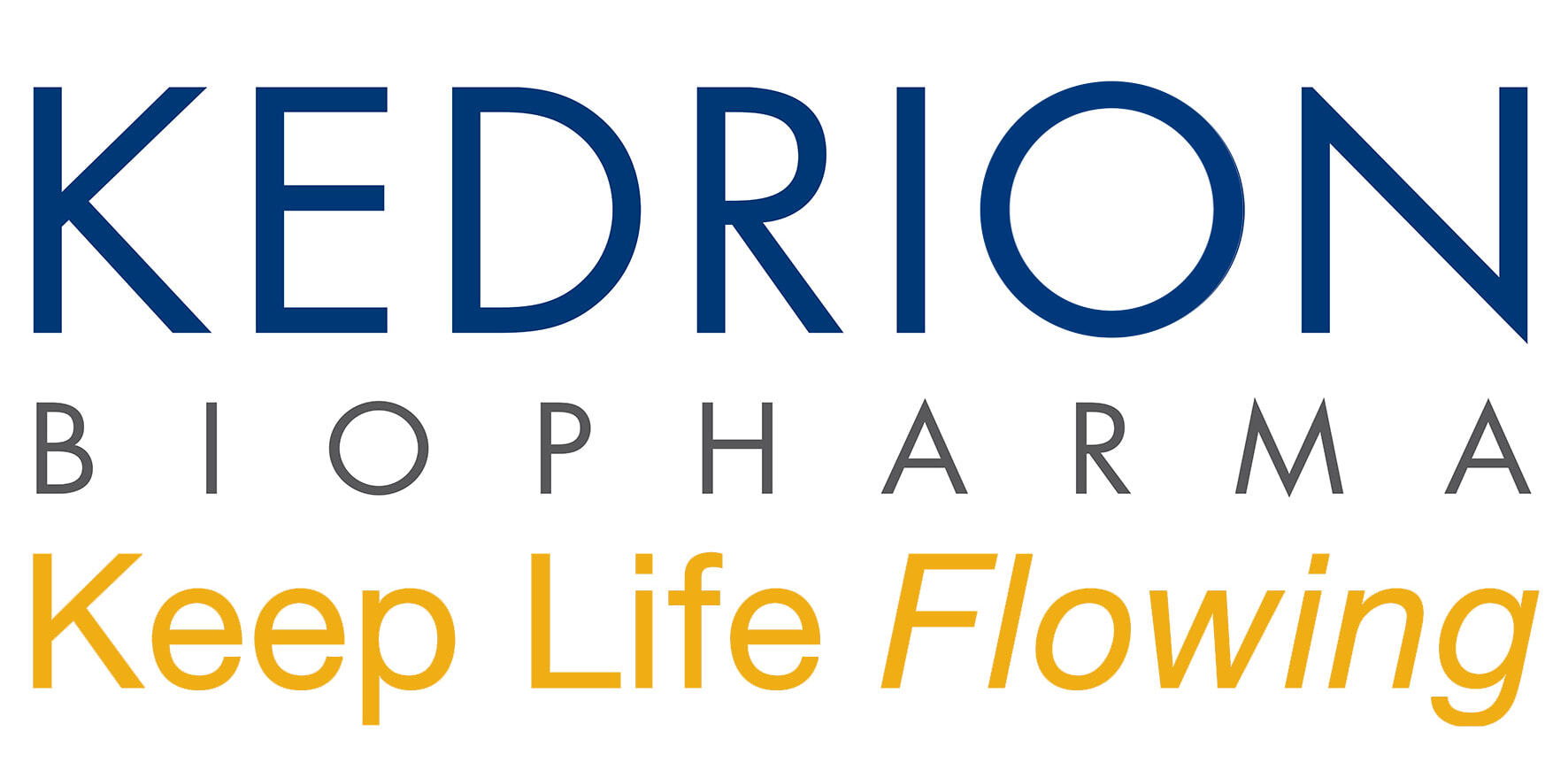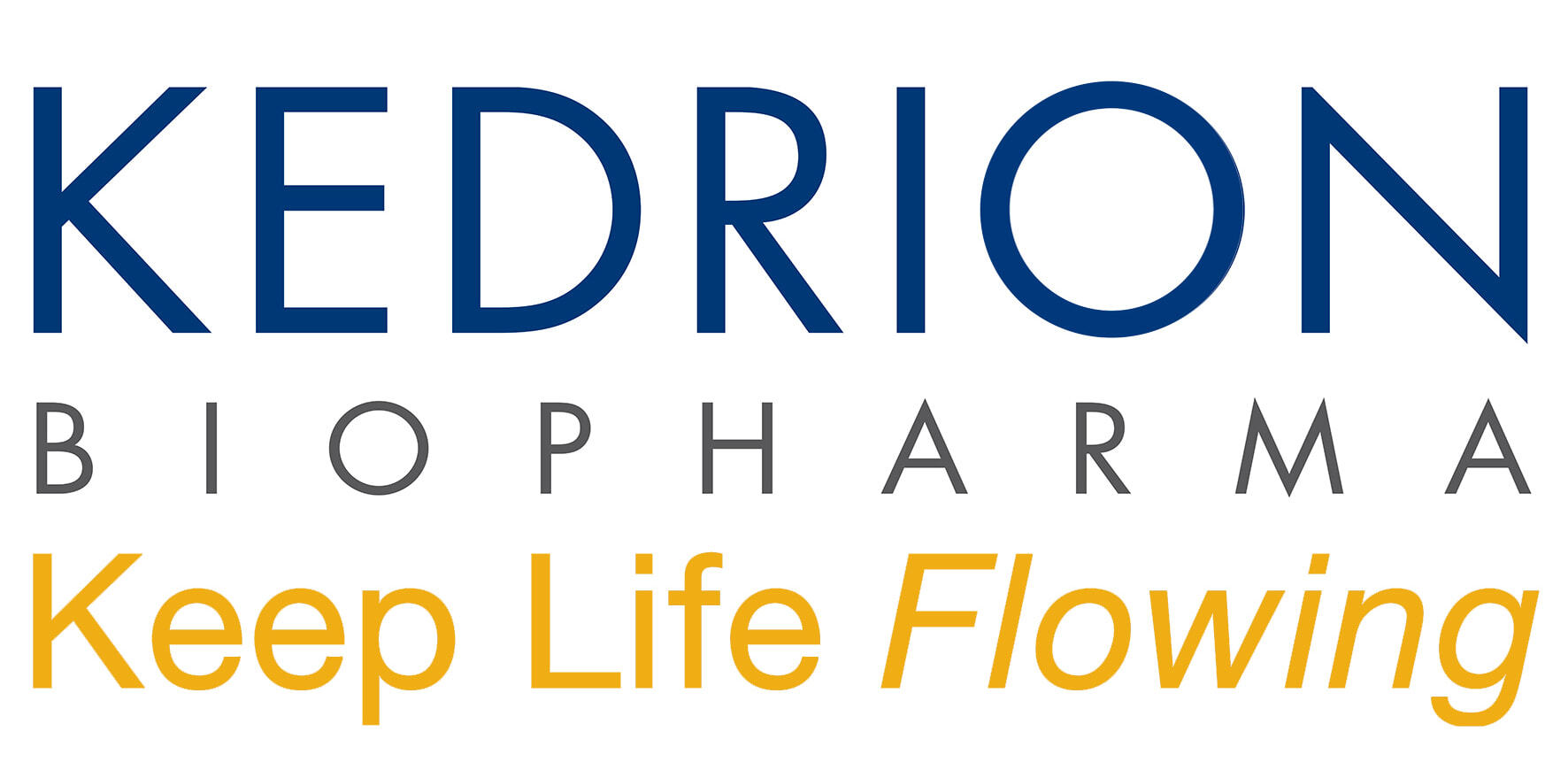A state-of-the-art of the SIPPET Study has been presented at the 8th BIC – Bari International Conference (Bari, October 3-5, 2014) by Pier Mannuccio Mannucci during a Satellite Joint Lecture sponsored by Grifols, Kedrion and LFB. “About 63 research centers from 14 Countries from 4 Continents are now involved in the study – Mannucci stated – with 300 patients who are expected to be recruited within October 2014 and randomized within December 2014 as requested by the protocol of the Study.”
SIPPET (Survey on Inhibitors in Plasma-Product Exposed Toddlers) is an independent, international, multicenter, prospective, controlled, randomized and open-label clinical study which aims to test the hypothesis that plasma-derived VWF/FVIII products are less immunogenic than recombinant FVIII products. For this reasons the study compare two classes of products and not two specific products belonging to these classes. “Inhibitor development is the most challenging complication of hemophilia treatment – explained Mannucci. “It is crucial to know whether or not plasma-derived and recombinant products are associated with a different risk of inhibitor development in previously untreated patients (PUPs). The SIPPET Study has the purpose to definitely answer – for the first time through the scientific and objective approach of a randomized clinical trial – to the contradictory findings arisen in many years of observation in the clinical practice.”
Eligible patients are being enrolled at each participating center, randomized to be treated exclusively with a single FVIII product either plasma-derived and containing VWF or recombinant. “They are followed up until inhibitor development – continued Mannucci – or until 50 exposure days (EDs) or 3 years from enrolment have elapsed, whichever comes first.”
Mannucci also mentioned the state-of-the-art of an interim analysis ongoing on 189 patients, showing an overall incidence of inhibitors of 29%, i.e. 54 patients: 91% with < 20 exposure days, 9% with > 20 EDs. The complete results will be available shortly.

